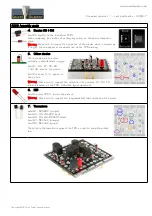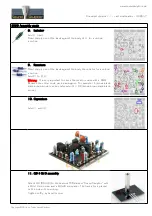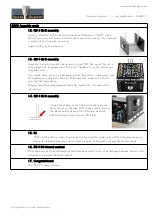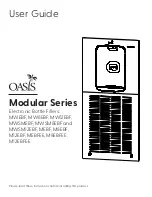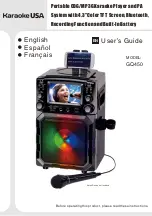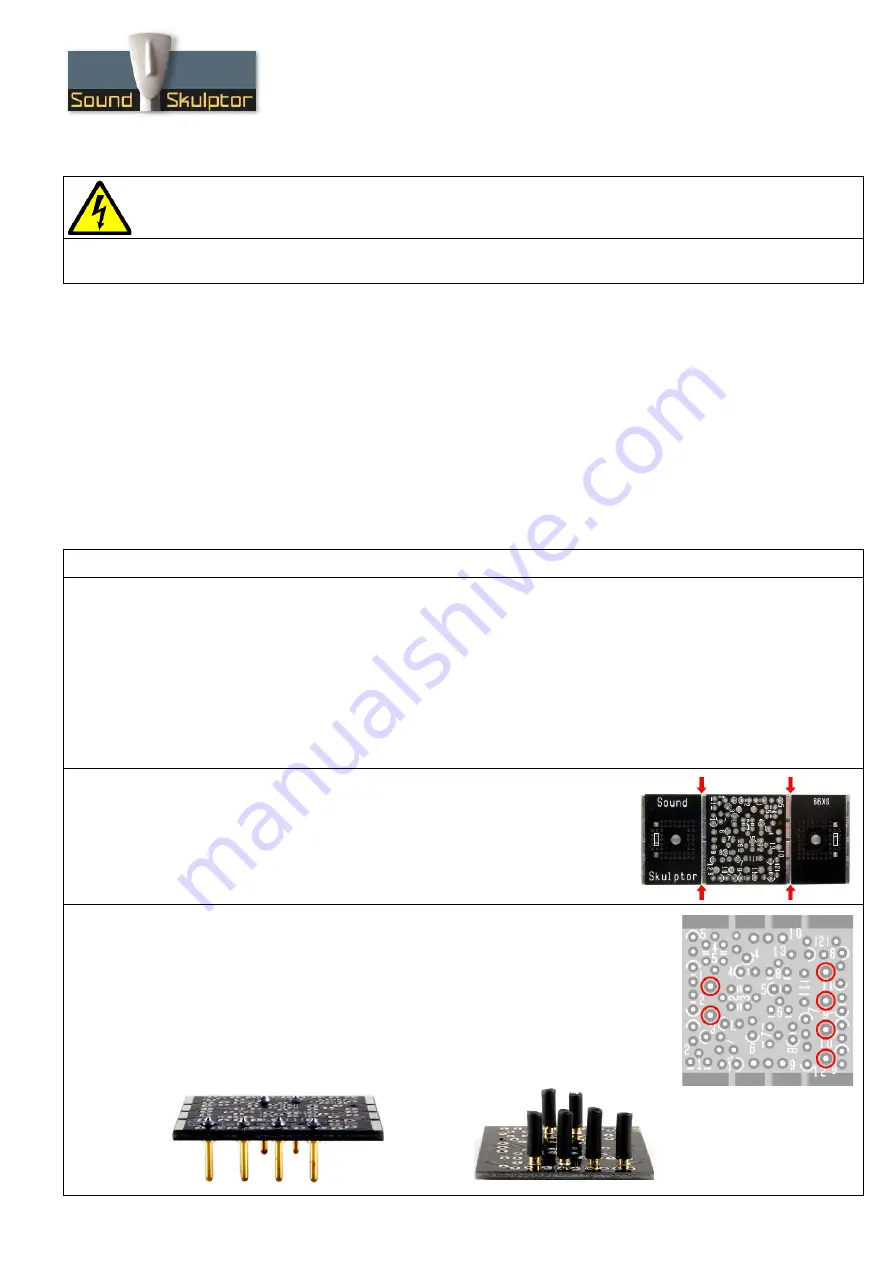
www.soundskulptor.com
Document revision 1.1 – Last modification : 10/08/17
SK99 Assembly guide
Safety warning
The kits are main powered and use potentially lethal voltages. Under no circumstance should someone undertake the
realisation of a kit unless he has full knowledge about safely handling main powered devices.
Please read the “DIY guide” before beginning.
Print or open the following documents :
• SK99 Schematics
• SK99 Components layout
• SK99 Parts list
Follow this guide from item number 1 till the end, in this order. The assembly order is based on components height, from
low to high profile, in order to ease the soldering process : The component you are soldering is always taller than the
previously assembled ones and it is pressing nicely against the work area foam.
SK99 Assembly guide
1. Soldering
All the PCB holes are metallized. It means the connection between the top and bottom pads is already
done. The parts must be soldered only from the bottom side (unless differently stated).
Use only small diameter solder, 0.5 or 0.7 mm, 1mm maximum. Use the minimum possible amount of
solder. Bad joints are almost always caused by too much solder.
Here are two excellent introduction to soldering videos:
http://www.eevblog.com/2011/06/19/eevblog-180-soldering-tutorial-part-1-tools/
http://www.eevblog.com/2011/07/02/eevblog-183-soldering-tutorial-part-2/
2. PCB split
Split the PCB into 3 parts along the lines shown by the red arrows.
3. Pins
Insert and solder the 6 golden pins. The pins are inserted from below the
PCB.
The best solution to keep the pins perfectly perpendicular is to use the final
host PCB (like the MP512, MP599) as a guide: Insert the 6 pins into the
1mm sockets of the receiving PCB, position the DOA PCB over the pins and
solder.
It is a good idea to protect the golden pins with some wire insulating sleeve
before doing other component soldering.
Copyright ©2014 to Today SoundSkulptor


